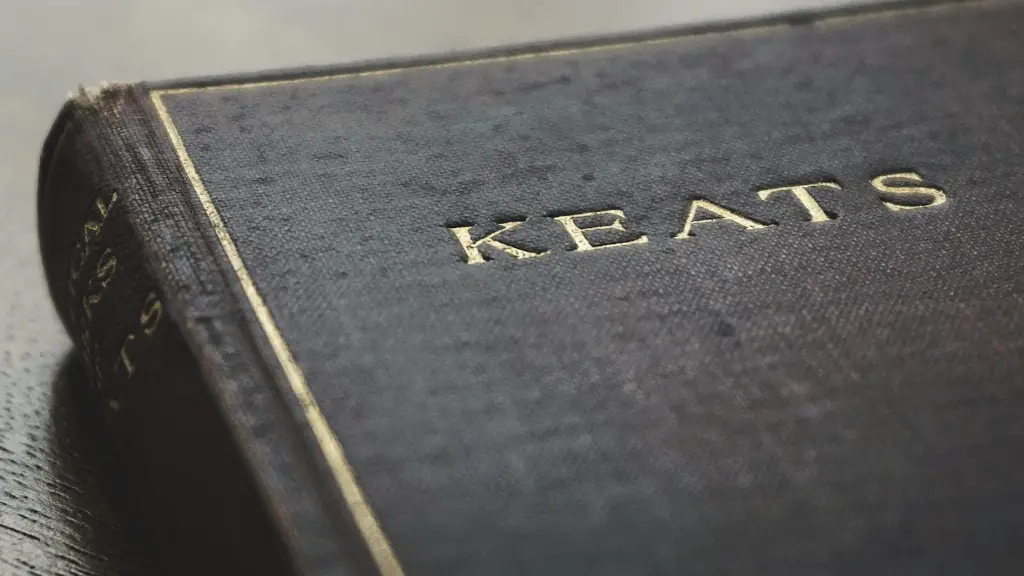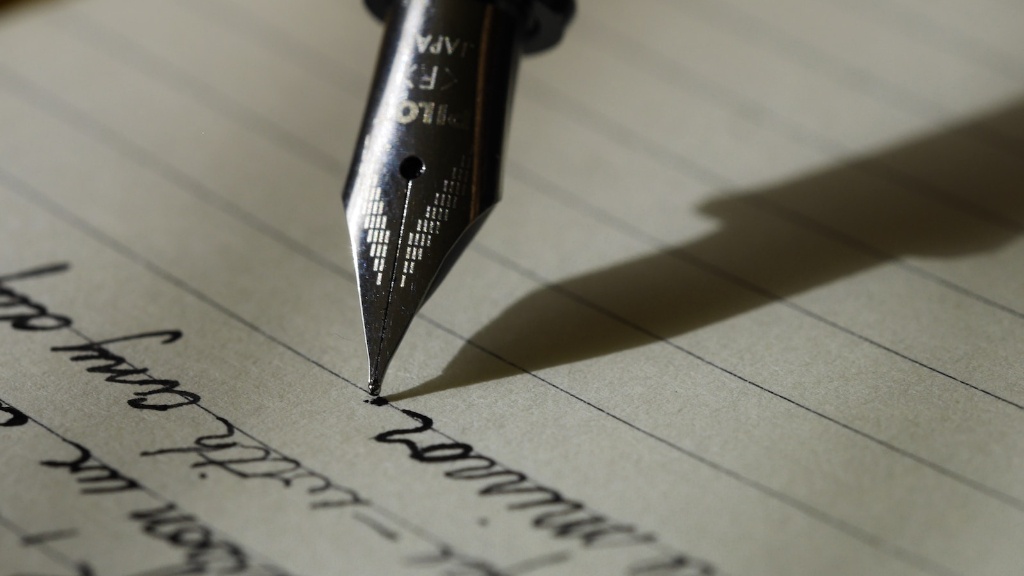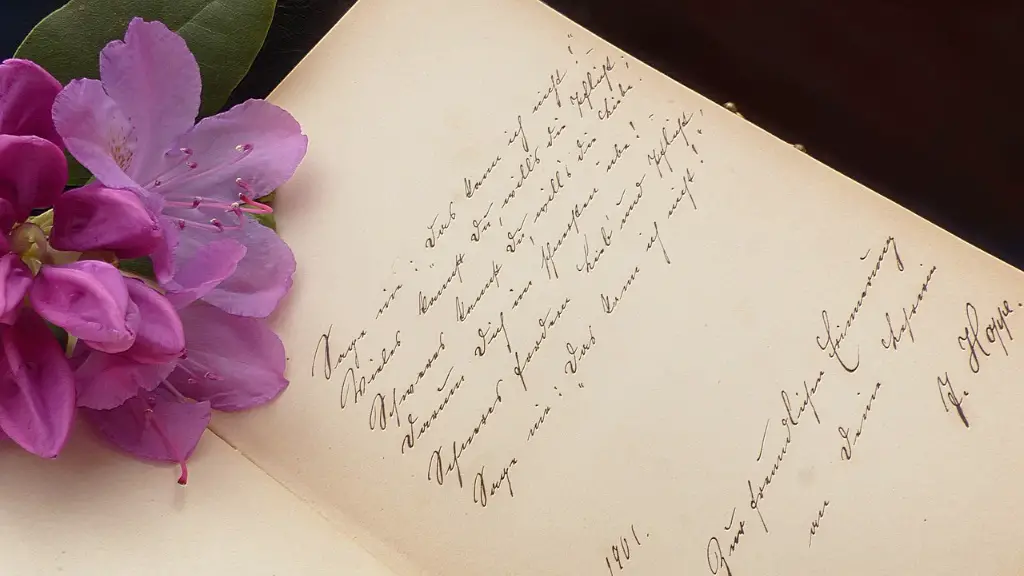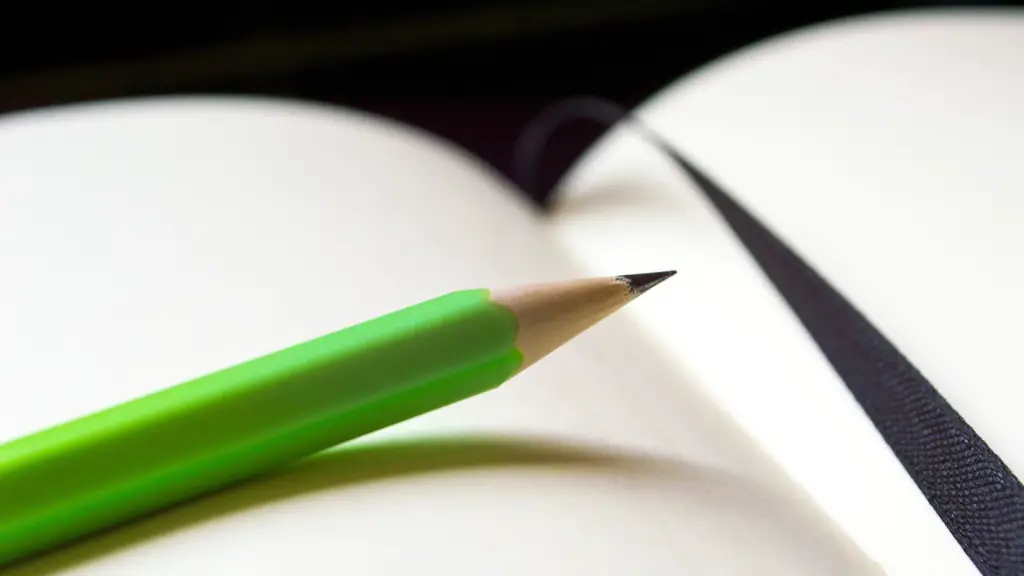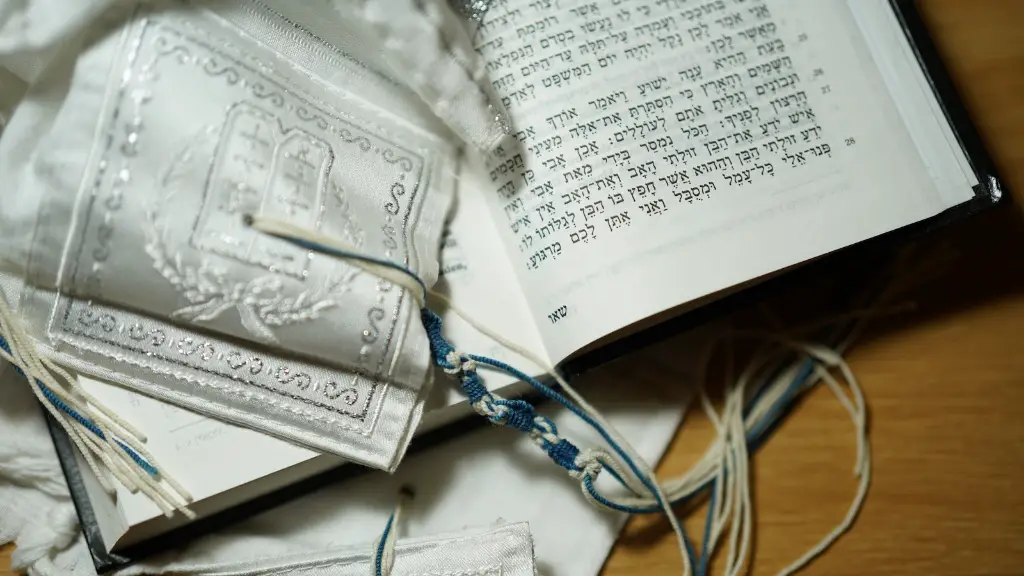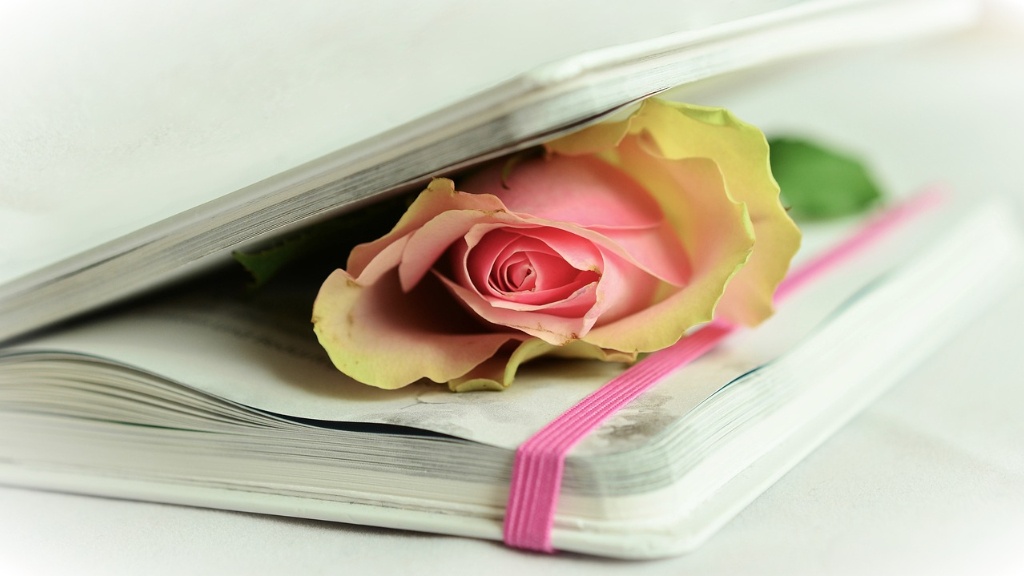Most people think that poetry is either dull and boring or too complicated to understand. This couldn’t be further from the truth; learning how to love poetry will give you the opportunity to appreciate and enjoy this beautiful art form. Learning to appreciate the complexity and magnitude of the stories and emotions that can be captured in a poem opens up new, exciting worlds of literature.
People often view poetry as an intimidating form of literature because of its fractured sentences, complex symbolism, and abstract tendencies. Although this perception is understandable, it is important to remember that poetry is about conveying emotion through carefully-crafted words, and learning how to appreciate it consequently unlocks a new kind of beauty.
According to literary experts, the best way to learn to appreciate poetry is to start small. Reading haiku, the minimalistic three-line form of poetry, is a great way to get accustomed to the poetic language. Once you get the hang of expressing oneself in this manner, move on to longer forms, like sonnets and epics. Reading through a poem and noticing the craftsmanship behind it will allow you to start to appreciate the beauty of words.
Another way to learn to appreciate poetry is to think of it as a creative expression of one’s feelings and emotions. Putting yourself in the shoes of poets and trying to empathize with the issues they are discussing will give poetry a more intimate, personal feel. When examining a poem, try to think of it as if it was written exclusively for you and you alone. This will enable you to savor the fine details in the poem and appreciate its intricacy that much more.
If you truly want to immerse yourself in the beauty of poetry, reading a selection from different eras and cultures can be enlightening. Immersing yourself in the subject matter of various styles of poetry as written by different authors helps to broaden your knowledge and understanding of the craft.
You can further your studies in poetry by taking online courses, attending lectures, and joining poetry clubs. It is also possible to join reading groups, where the members explore and discuss published poems. All of these activities will not only help you to understand poetry better, but will also help to strengthen your appreciation of it. It’s worth investing your time and energy into understanding this form of literature, as it can truly enrich your life.
Pracitcal Tips For Loving Poetry
When it comes to deciphering the nuances of poetry, it is important to remember to take your time and commit yourself to the task. Reading towards understanding takes dedication and practice.
The basics of getting to grips with poems include first familiarizing yourself with the structure, the meter, and how the author puts in meaning with metaphors and symbolism. Read the poem twice to truly appreciate and gain insight on the poem. Usually, the first reading will have you gasping in surprise; the second reading will interlock what you caught in the first reading, allowing for more interpretation and meaning.
Listening to poetry can be a great way to appreciate it, as it unlocks further forms of understanding. Audio recordings will allow you to completely appreciate the melodies of the words. It also helps to read out the poem, as reading out loud will give the poem focus and help breathe life into it.
When learning to appreciate a poem, it would be beneficial to also pay attention to context, themes, and the use of sensory language. Context is necessary to better appreciate how the poem’s connotations applied to its original setting.
Lastly, when reading a poem, it helps to break it down and approach it piece by piece until you can get a sense of the poem as a whole. This can help with getting the full meaning of a poem and understand how the author has crafted such a meaningful and conscious piece.
How To Find Poetry You Like
It can be difficult to explore poetry until you discover the ones that you truly enjoy. With so many poets and types of poetry, it can get quite overwhelming. To make it easier to explore poetry, it helps to follow a few simple steps.
A great way to start is to try those poems that have become classics, like the works of William Shakespeare, Robert Frost, and William Wordsworth. These poets have stood the test of time and many of their poems have become iconic. Reading these famous works will help to familiarize yourself with different writing styles and techniques.
Another great way to find poems you like is to explore a specific theme. Focusing on a certain subject matter, whether it’s love, loss, nature, or something else, will help narrow down the options. This allows you to pick up on the different poets and styles that are used to express this central theme.
Reading and listening to poems from different countries and cultures will also help to diversify your appreciation of poetry and provide an insight into foreign literature. Different cultures have different ways of expressing themselves, so by reading their pieces, you can gain a wider understanding of poetry.
Reading and listening to authors that you enjoy and admire is another way to find poetry that can grab your attention. Authors who write books or short stories usually have a particular style and by exploring their works, you can start to find the poems that particularly strike you.
How to Write Poetry
Writing your own poetry is a great way to explore and understand the craft better, so you can appreciate the majesty of the art form even more. Writing poetry follows a certain process, and by learning the fundamentals and some tips and tricks, you can become a competent and successful poet.
The first step to writing a great poem is finding a topic that resonates with you. This topic can be anything from a person, animal, nature, society, or an event in history. Secondly, try to pick a poem style that suits the kind of experience you want to present within the poem — does a sonnet capture your emotions better than a haiku?
Once you have decided on a topic and a form, you can start brainstorming. Writing down everything that comes to mind and asking questions to get insight into the topic can help further your understanding of what you want to write. You can then start to craft sentences and break them down into their key words in order to create lines of your poem.
In the process of writing, it is okay to make mistakes. Revising and editing your work is an important part of the poetic process and will help you refine your work. When you’re done, you can then read your poetry out loud and reflect upon your work to learn what went well and what to improve next time.
The Benefits of Appreciating Poetry
Aside from providing a unique way to enjoy literature, understanding poetry provides invaluable benefits to those who appreciate it. Writing poetry is a great way to express yourself and explore the world of language and emotions. Poetry can be the perfect medium for getting your emotions onto paper, as it captures and conveys meaning in a concise and beautiful manner. It can also be used as an outlet to explore the world and your feelings towards it.
Reading poetry can be beneficial too. It helps expand your understanding of the world and expand your lexicon. Reading poetry can help to sharpen your word choice and writing style, as well as help understand different moods and emotions virtually.
Additionally, understanding poetry allows you to find personal growth. Combining knowledge from poetry reading with your own thoughts and beliefs can provide you with great clarity. Doing this can also enrich your life as you expand your view of the substantial aspects of both literature and life.
Overall, poetry is an art form to be appreciated and enjoyed. By exploring the different aspects of poetry, you will be able to uncover its hidden beauty and unlock paths of knowledge and understanding. Writing, reading, and appreciating poems can help lead to a richer and more complete understanding of the world around you.
